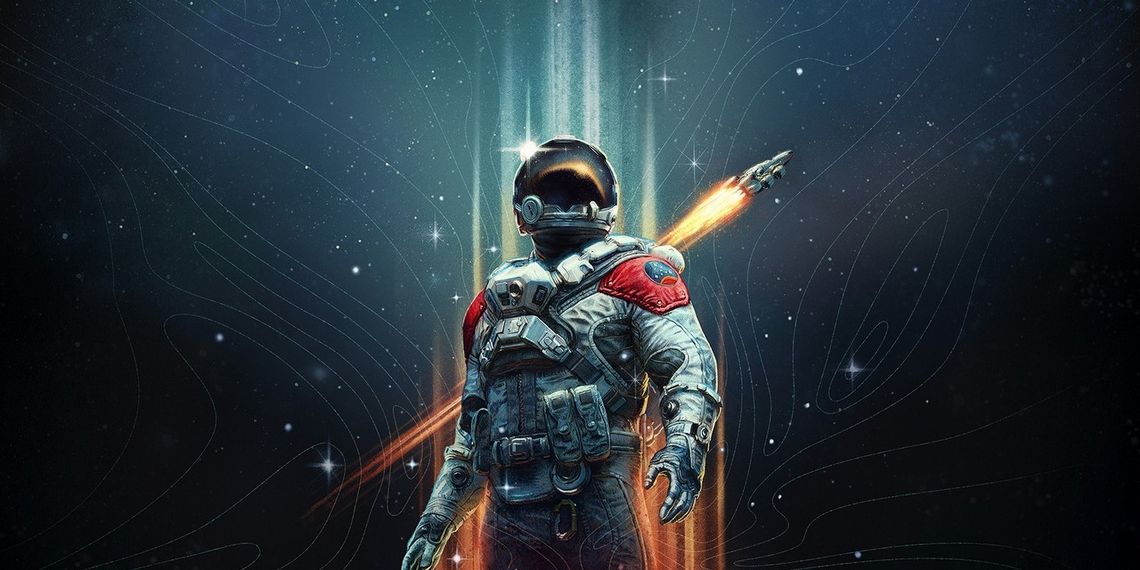Microsoft Will Make AI Tools for Its Studios to Help With Dialogues and Stories in Games
Microsoft and Inworld AI will jointly develop artificial intelligence tools to assist Xbox studios in creating dialogues, quests, storylines, etc.

Changes at the top is not the only effect of the Activision Blizzard takeover and the lack of major success of developers creating under the Xbox flag. Microsoft wants to harness artificial intelligence to help its studios.
The Redmond giant laid out its plans in a post from Haiyan Zhang (general manager of artificial intelligence in games) published on the company's official blog. The company has partnered with the developers of Inworld AI - an algorithm designed for use in video games, which powered several fan-made projects.
The goal of this initiative is to create "narrative tools" and AI responsible for dialogues, which all developers will be able to use. This "multi-platform toolkit" will include, among other things:
- a system for creating "detailed scenarios, dialogue trees, quests," etc. based on instructions;
- "an AI character engine" that the devs will be able to integrate with the game client to create "new narratives" based on dynamically generated stories, quests and dialogues.
At the same time, the project is to be based on three principles: meaningful innovation, empowering people and organizations, and accountability. This is unlikely to appease opponents of AI, who are increasingly criticizing developers for excessive (in their view) use of AU in creative work (not only in video games). However, Zhang points out that game designers have been reaching for artificial intelligence since the beginning:
"I remember Ms. Pac-Man being pursued by her ghostly enemies Inky, Blinky, Pinky and Clyde. Although it wasn't the first artificial intelligence in games, just a simple form of rule-based AI, these ghosts showed the world the endless fun that can be born from a reactive algorithm.
Since those early days in arcades, developers have harnessed AI to create vivid worlds, dynamic stories and complex characters. Procedurally generated worlds have further developed games, introducing unlimited variety and replayability.
In addition, developers have recently begun experimenting with large-scale artificial intelligence language models (LLMs), such as GPT OpenAI (artificial intelligence that supports ChatGPT and Bing Chat). We see plenty of opportunity to boost game developers' creativity, reduce complexity and improve the player experience."
- Activision tests interest in new titles with AI-generated fake game ads
- Action RPG from the masters of slashers. Scalebound could have been one of Microsoft's great exclusives
- Xbox handheld could release this year, according to report
- Xbox's Copilot AI discourages social gaming
- Towerborne announces a console release date for early access